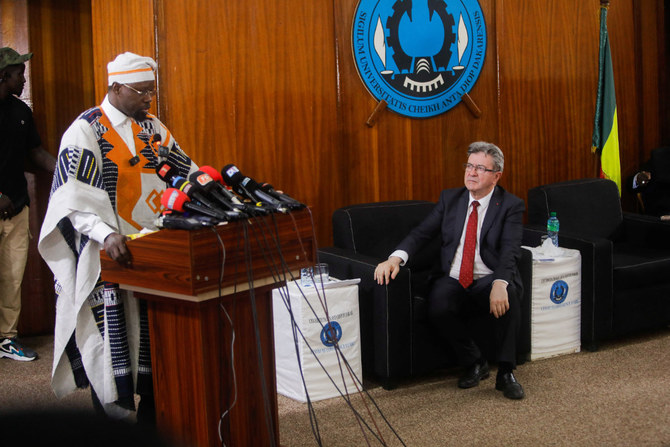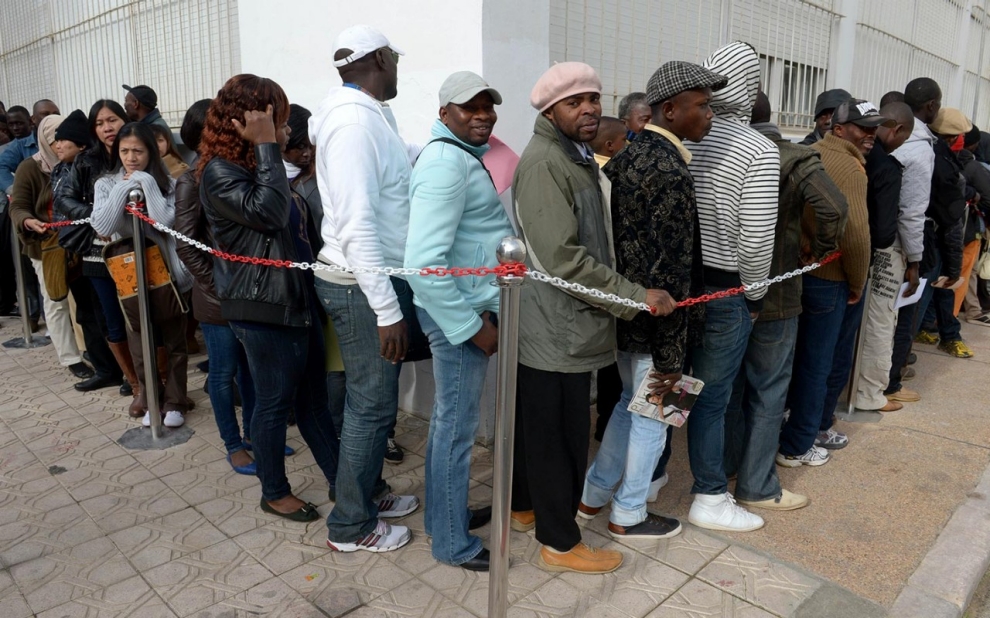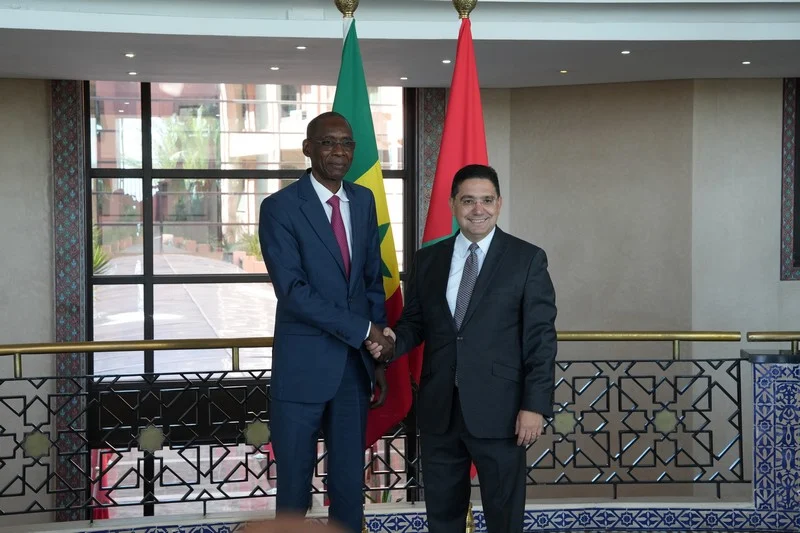Senegal’s new Prime Minister Ousmane Sonko has criticized the French military presence in the West African country and also slammed efforts by the West to promote values that he sees as not fitting with those held by Senegal and other African countries, including LGBTQ rights and monogamy.
In a speech at a joint conference with French left-wing politician Jean-Luc Mélenchon in Dakar, Sonko questioned why “more than 60 years after our independence … we must question the reasons why the French army for example still benefits from several military bases in our country and the impact of this presence on our national sovereignty and our strategic autonomy.” Sonko, who was freed from jail weeks before the March presidential election and propelled his party to victory, is known for criticizing perceived interference by France in its former colony. While France has about 350 troops in Senegal, its neighbors Burkina Faso, Mali, and Niger have pushed out French troops and turned to Russia for help in fighting jihadist insurgencies on their territory.
“I want to reiterate Senegal’s desire for self-determination, which is incompatible with the long-term presence of foreign military bases in Senegal,” Sonko added.
Apart from raising the possibility of closing French military bases on Senegal’s territory, the prime minister also reiterated his election campaign promise to renegotiate oil and gas contracts in the West African country, where production is due to begin this year. In his wide-ranging speech, Sonko also touched on the euro-backed CFA franc currency and LGBTQ+ rights and monogamy. On the euro-pegged CFA franc currency, which Senegal shares with seven countries, Sonko said that he would like a flexible currency pegged to at least two currencies to help absorb shocks and support export competitiveness. Talking about homosexuality, while admitting that this “phenomenon” existed in Senegal, the prime minister called on Western nations to show “restraint, respect, reciprocity and tolerance” on social matters including LGBTQ rights and gender equality.



